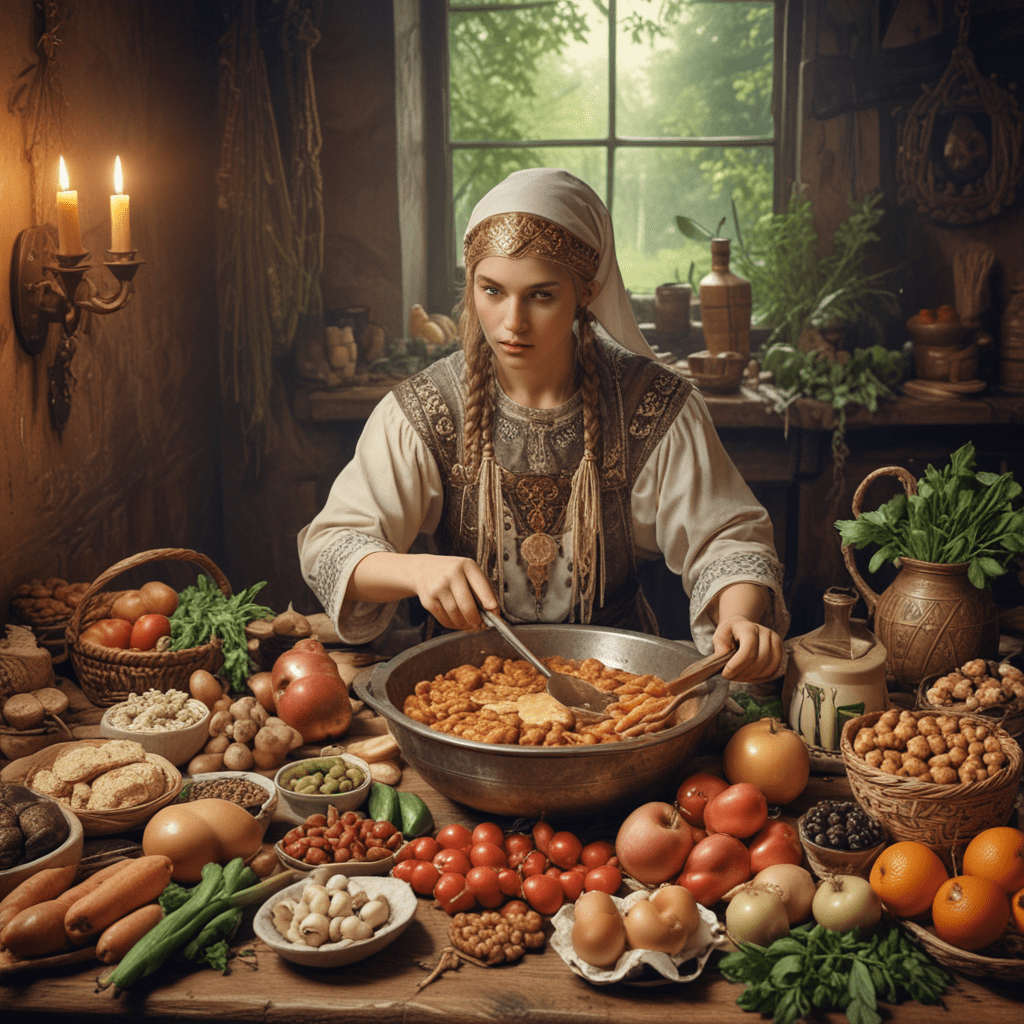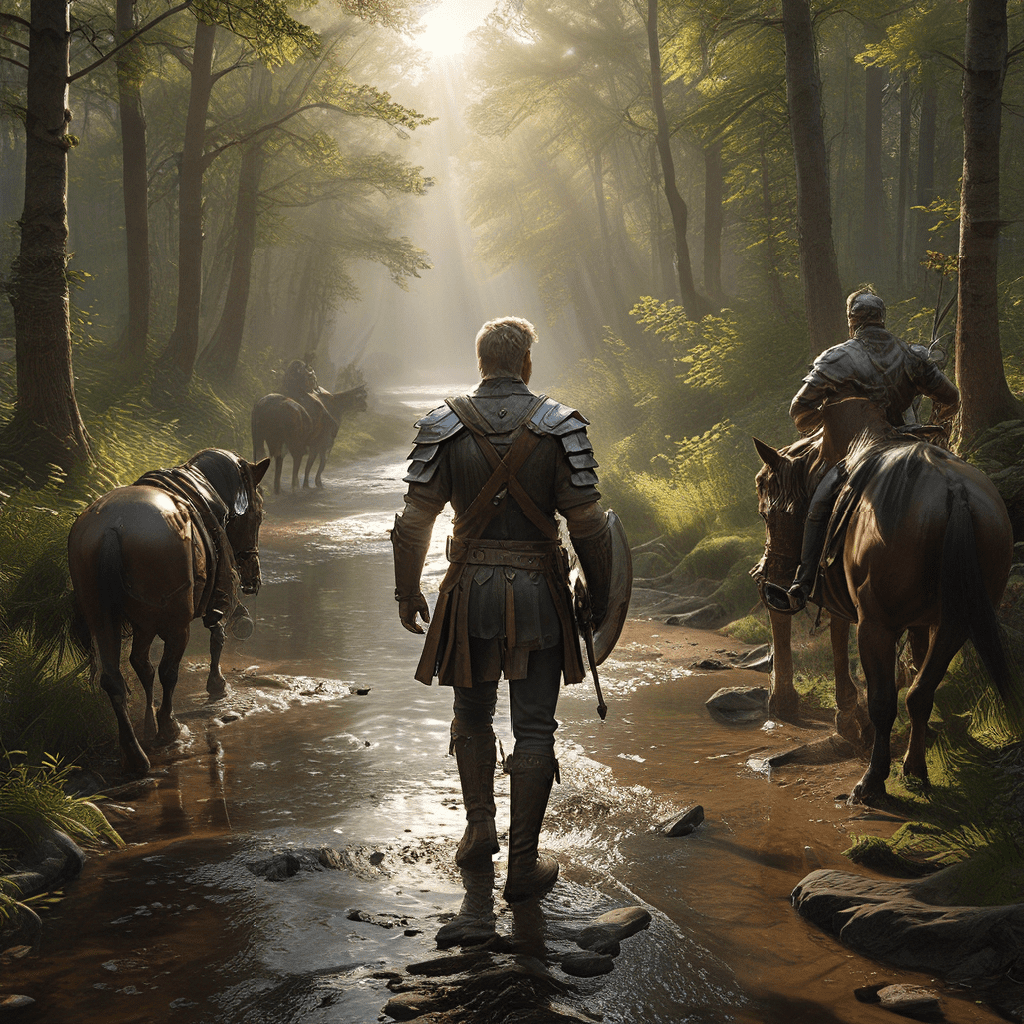The Symbolism of the Lion: King of Beasts in Mythology
I. Introduction
The lion has long been revered as a powerful symbol across various cultures and civilizations. Often referred to as the “King of Beasts,” this majestic creature embodies numerous qualities such as strength, bravery, and nobility. Its regal stature and commanding presence have made it a prominent figure in mythology, heraldry, and folklore. This article aims to explore the multifaceted symbolism of lions in mythology, shedding light on their significance in different cultural narratives.
II. The Lion in Ancient Mythologies
A. Egyptian Mythology: The Lioness Goddess Sekhmet
In ancient Egypt, the lioness goddess Sekhmet was a formidable figure representing both protection and destruction. As a warrior goddess, she was believed to defend the pharaohs in battle, embodying the fierce and protective nature of the lion.
- Role as a protector and destroyer: Sekhmet was invoked in times of war, symbolizing the duality of ferocity and safeguarding.
- Symbol of power and healing: Despite her destructive capabilities, Sekhmet was also associated with healing, highlighting the lioness’s complex symbolism.
B. Mesopotamian Myths: The Lion as a Symbol of Royalty
In Mesopotamian cultures, lions were often associated with royalty and divine authority. The Lion of Babylon, a notable symbol, illustrated the powerful connection between the monarchy and the lion.
- The Lion of Babylon and its significance: This symbol represented strength and protection, often seen in the context of the city’s defenses.
- Representation of divine authority: Kings were often depicted with lions, signifying their power and the divine right to rule.
III. The Lion in European Mythology
A. The Lion in Heraldry: Symbol of Nobility and Courage
In European heraldry, the lion has served as a symbol of nobility, courage, and valor. Its image appears prominently on coats of arms and royal banners.
- Historical context of lions in coats of arms: Lions were chosen to represent noble families, denoting strength and bravery.
- Famous examples: England and Scotland: The English lion and the Scottish lion rampant are well-known emblems of national pride.
B. The Nemean Lion in Greek Mythology
In Greek mythology, the Nemean Lion was a monstrous beast defeated by Hercules as one of his Twelve Labors. This story emphasizes themes of strength, invincibility, and heroism.
- Hercules and the Twelve Labors: The defeat of the Nemean Lion showcased Hercules’ unmatched strength and bravery.
- Themes of strength and invincibility: The lion’s impenetrable skin symbolized the challenges heroes face in their quests.
IV. The Lion in Asian Mythology
A. The Lion in Hindu Mythology: Narasimha
In Hindu mythology, Narasimha is a half-lion, half-man deity who represents the victory of good over evil. His fierce form emphasizes protection and justice.
- Description and significance of the half-lion deity: Narasimha emerged to protect his devotee Prahlada and vanquish the demon Hiranyakashipu.
- Themes of protection and justice: The narrative underscores the triumph of righteousness, with Narasimha as a fierce guardian.
B. Chinese Mythology: The Lion Dance and Guardian Statues
In Chinese culture, lions hold significant symbolic value, particularly in the form of lion dances and guardian statues known as Fu Lions.
- Cultural significance of the lion dance: The lion dance is performed during festivals to bring good luck and drive away evil spirits.
- The Fu Lion as a protector against evil: These statues are believed to safeguard homes and businesses, reflecting the lion’s protective nature.
V. The Lion in African Mythology
A. The Lion as a Symbol of Strength in African Cultures
Across various African cultures, the lion is celebrated as a symbol of strength, leadership, and wisdom. It plays a vital role in stories and folklore.
- The lion in stories and folklore: Many African tales feature lions as courageous figures, embodying the spirit of the wild.
- Importance in tribal leadership and wisdom: Lions are often seen as symbols of authority and wisdom among tribal leaders.
B. The Role of the Lion in Maasai Culture
For the Maasai people of East Africa, lions hold particular significance, especially during rites of passage for young warriors.
- Lions as a rite of passage: Young Maasai warriors traditionally prove their bravery by hunting lions.
- Symbol of bravery and manhood: Successfully hunting a lion is a demonstration of courage and a key aspect of Maasai identity.
VI. The Lion in Christianity
A. The Lion as a Symbol of Christ
In Christian symbolism, the lion often represents Christ, drawing from biblical references that highlight its majestic and royal nature.
- Biblical references to lions (e.g., the Lion of Judah): This title signifies strength and kingship, tracing back to the lineage of Jesus.
- Representations in Christian art and literature: The lion has been depicted in various artworks, symbolizing divine authority and protection.
B. The Lion as a Symbol of the Devil
Conversely, the lion also represents the devil in Christian teachings, highlighting the duality of this powerful creature.
- The duality of the lion in Christian teachings: The lion symbolizes both protection and predation.
- Interpretations of spiritual warfare: This dual nature underscores the struggle between good and evil in spiritual contexts.
VII. Conclusion
The lion’s rich symbolism in mythology transcends cultural boundaries, embodying themes of power, protection, justice, and duality. From ancient Egyptian deities to Christian teachings, the lion continues to inspire awe and admiration. As the “King of Beasts,” it serves as a reminder of the strength and bravery inherent in nature and humanity alike. Understanding the lion’s multifaceted role in mythology enhances our appreciation for this magnificent creature and its enduring legacy across cultures.




